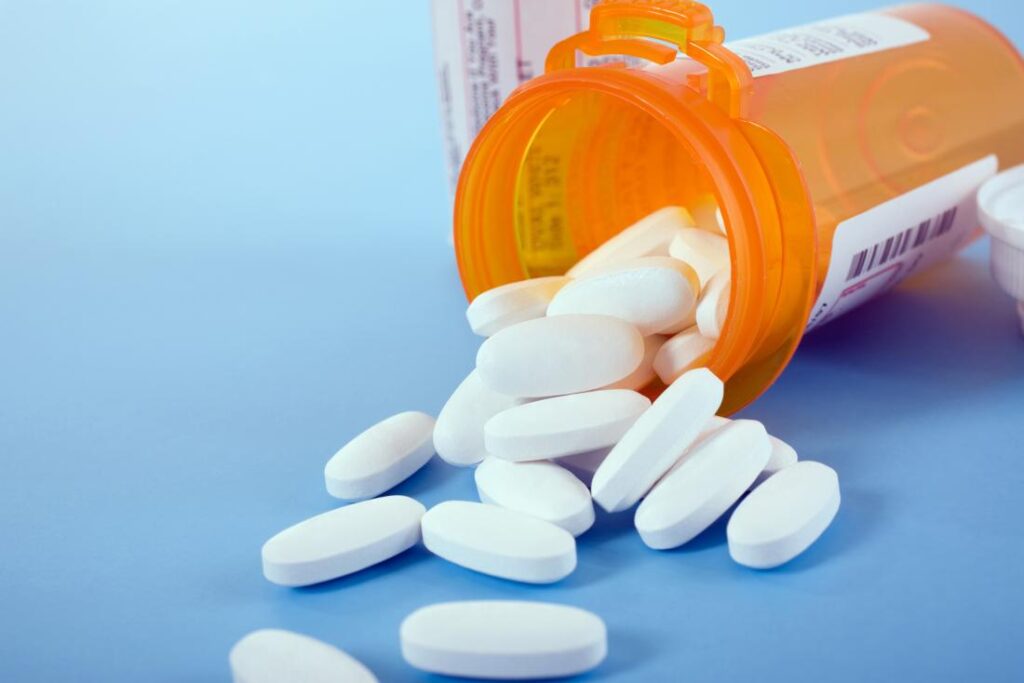Why are Some People on Antidepressants Still Depressed?
People on Antidepressants
The question is why some people on antidepressants are still depressed. When diagnosed with major depressive disorder (MDD), the usual treatment protocol is to prescribe a combination of talk therapy and antidepressants.
This standard approach to treating depression fails to recognize the many variants involved in depression, making MDD a complex mental health disorder to treat effectively.
Heavy antidepressant prescriptions have become a knee-jerk response to a diagnosis of MDD, even though evidence, such as a recent study from Rome, shows that thirty to fifty percent of patients do not improve with antidepressants.
The verdict is still out on why antidepressants don’t work for such an extensive group of patients. But, the fact remains that they do not make a difference in the depressive symptoms suffered by so many.
Many individuals who take antidepressants but are still depressed will experience very unpleasant side effects from the drugs. Side effects may include weight gain, fatigue, sexual dysfunction, personality changes, nausea, insomnia, and constipation. Many patients do not complete the trial because sometimes the side effects are intolerable.
WHEN ANTIDEPRESSANTS DO NOT HELP
The gray veil of depression can touch every aspect of an individual’s life. The struggle to lift the veil and find joy again can be frustrating. You may have sought treatment for your depression and been disappointed by your lack of response to the antidepressants you tried.
Your physician or healthcare provider may have told you to try several different medications, yet none have effectively improved your depressive symptoms.
In 1980, healthcare providers considered antidepressants the miracle cure for major depression, but as more and more clinical trials reveal, as many as fifty percent of patients with antidepressant prescriptions did not experience a successful outcome; with antidepressants but were still depressed.People on Antidepressants

Finding the proper treatment for depression may take time. One way to speed up the process is by knowing when a particular medication is not working for you.
Next, here are some of the signs when medication might not be working for you:
FEELING BETTER RIGHT AWAY, BUT THE EFFECT DOES NOT LAST
Exactly how antidepressants work remains a mystery. However, Healthcare providers think the effects relate to neurochemical changes in the brain, generally taking two to twelve weeks to appear, with a peak at six to eight weeks.
Therefore, if you feel different immediately after starting treatment for depression, it could be a placebo effect (which, when it wears off, the actual impact of the antidepressant kicks in).
Or, the placebo effect wears off, and you never feel the intended outcomes of the antidepressant. In this case, it is not that the medication stopped working; it is that the drug (beyond the placebo effect) didn’t work for you since the beginning.
YOU CAN’T SLEEP
Antidepressants may make you feel exhausted or less sleepy and affect your sexuality and sex life, which can affect your sleep. Instead, try relaxation techniques, exercise during the day, listen to soothing music, and talk to your doctor about taking over-the-counter sleep aid (melatonin).
YOUR MOOD IS STILL LOW AFTER MONTHS
You should notice improvement within three months of starting an antidepressant. If you have been taking an adequate dose of depression medication for three months and are not getting results, it is probably time to try something else.
YOU HAVE MORE ENERGY, BUT YOU STILL FEEL DEPRESSED
Suppose you feel more energy after starting an antidepressant but are still depressed. In that case, it means the depression medication is beginning to work incorrectly, so report those symptoms to your physician immediately.
EXPERIENCING UNPLEASANT SIDE EFFECTS
Which depression medication is best for you frequently comes down to side effects. For example, if you gain weight or have sexual problems with an antidepressant, you may wish to shift to one without those side effects.
SIGNS OF SEROTONIN SYNDROME
Although antidepressants should make you feel better, sometimes, an antidepressant combined with other medications or foods may cause serotonin syndrome. This rare condition involves an excess of serotonin in the body. These symptoms include aches, fatigue, sweating, irritability, confusion, agitation, and clenched jaw.
WHEN THE ANTIDEPRESSANT DOESN’T HAVE THE SAME IMPACT
If you have taken an antidepressant for an extended period of time, your body can build up a tolerance. As a result, medications that once worked well no longer have the power. Sometimes your physician increases the dosage; in other cases, you will have to try a different drug or treatment.
If your depression symptoms worsen, the medication is not working correctly, and you should see your healthcare provider immediately. Also, if you experience relief with an antidepressant, but it’s not the relief you were hoping for, it may be time to try something new.
While taking an antidepressant may be very helpful in controlling depression, you may not find the right one for you on the first try.
If your medication doesn’t meet your expectations, don’t give up. Instead, talk to your healthcare provider and watch for any worrisome symptoms while taking any antidepressant.
You are not alone. At Neurocare Centers of America, your health and well-being are essential to our success. Contact us. We are here for you.
Why are Some People on Antidepressants Still Depressed?
